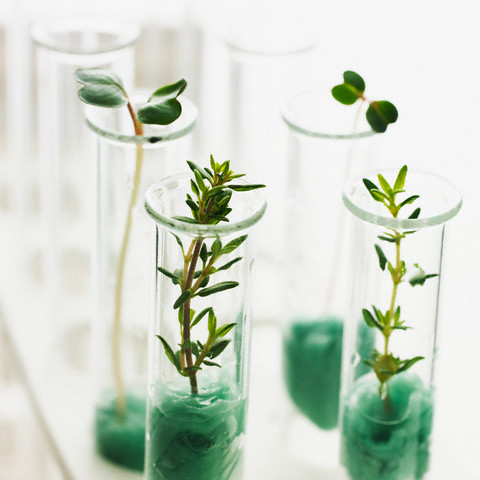International Journal of Pure & Applied Bioscience (IJPAB)
Year : 2017, Volume : 5, Issue : 2
First page : (81) Last page : (91)
Article doi: http://dx.doi.org/10.18782/2320-7051.2862
Economic Heterosis for Yield and Yield Characters in Taramira (Eruca sativa Mill.)
Rajdeep Mundiyara* and M. L. Jakhar
Department of Plant Breeding and Genetics, SKN College of Agriculture (SKNAU), Jobner 303329 (Raj.) India
*Corresponding Author E-mail: rmundiyara5@gmail.com
Received: 17.04.2017 | Revised: 28.04.2017 | Accepted: 29.04.2017
ABSTRACT
The Eight genetically diverse open pollinated populations were crossed in all possible combination (excluding reciprocals) during Rabi season of 2013-2014 in a varietal diallel fashion. The resultant 28 F1 progenies along with eight parents were evaluated in RBD with four environments with 3 replications during, Rabi 2014-15 at the Agricultural Research Farm of S.K.N. College of Agriculture, Jobner. Specific heterosis (Sii’) was also significant for all characters in all the environments except days to flowering in the environment I and days to flowering and days to maturity in environment-III. Among the parents (varieties) RTM-1359 and RTM-1375 in all the environments, RTM-314 in the environment-II and III were found to be superior based on vi effects and per se performance not only for seed yield per plant but for some of the other yield traits studied. The parents worth considered on the basis of hi values were RTM-1375 in environment-I, RTM-314 in environment-II, while RTM-1415 and RTM-1359 in the environment-III and RTM-314, RTM-1359 in environment-IV. It was therefore recommended to include these parents in hybridization programme to improve seed yield and seed quality. In the present investigation, highly heterotic crosses RTM-1351 x RTM-314, RTM-314 x RTM-1359, RTM-1415 X RTM-2002 and T-27 x RTM-2002 in all the four environments, were desirable as they had high seed yield per plant, high sii’ values, with high economic heterosis not only for seed yield per plant but for some than the other yield traits studied. Development of inbred is at present is not feasible because of sporophytic self-incompatibility. Parents RTM-1375, RTM-1415, RTM-314, T-27 and RTM-1359 can be used in population improvement to develop high yielding synthetic varieties having high seed yield and oil content.
Key words: Varietal diallel, Economic heterosis, Taramira, Eruca sativa.
Full Text : PDF; Journal doi : http://dx.doi.org/10.18782
Cite this article: Mundiyara, R. and Jakhar, M. L., Economic Heterosis for Yield and Yield Characters in Taramira (Eruca sativa Mill.), Int. J. Pure App. Biosci.5(2): 81-91 (2017). doi: http://dx.doi.org/10.18782/2320-7051.2862





